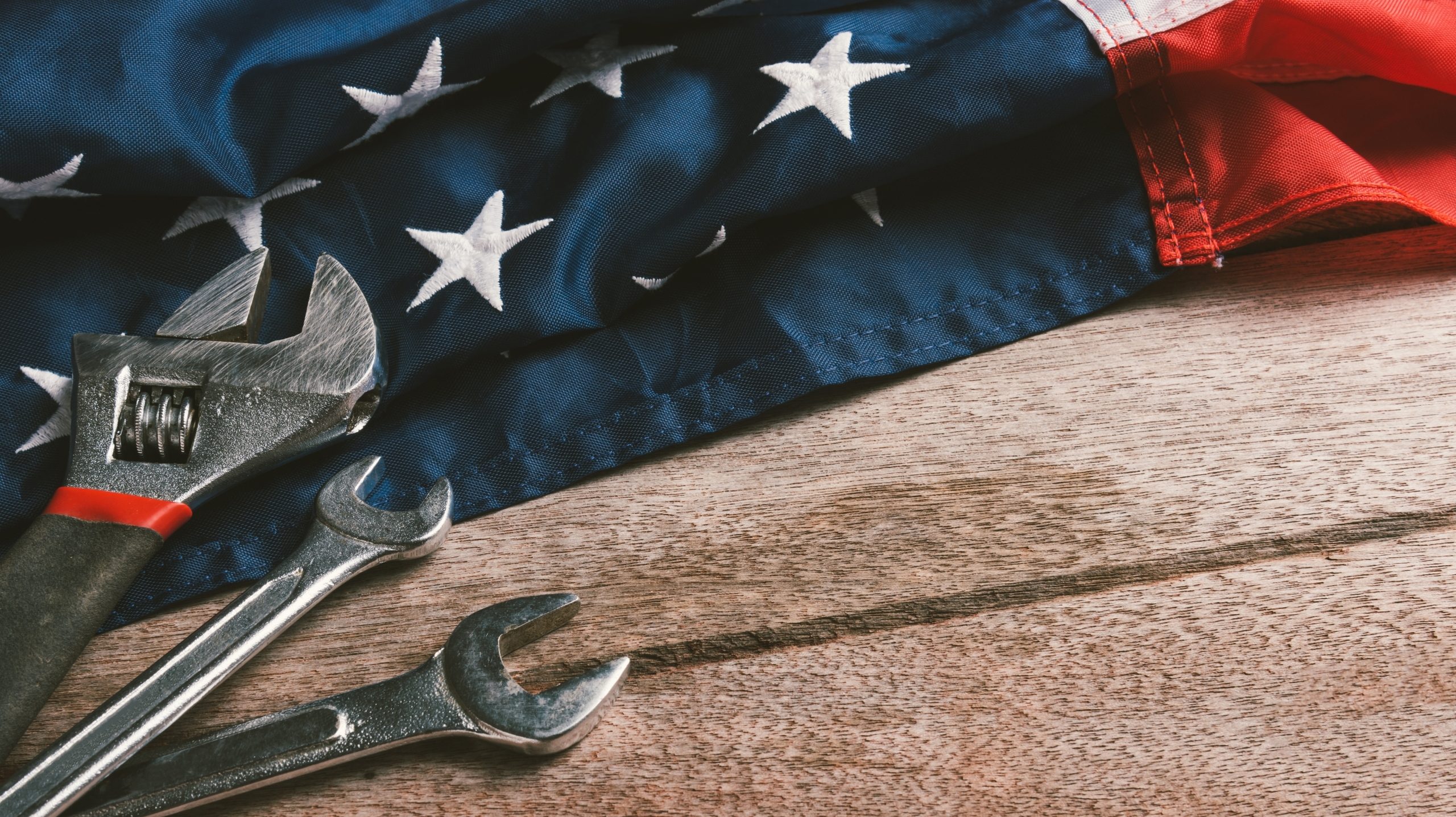One year ago today, I wrote a column reflecting on how disappointed I was that the Southwest Alabama Labor Council had to cancel our annual Labor Day Parade in Mobile. I knew the year ahead of us was going to be tough, but I held hope we would be able to celebrate all together, in-person, in 2021.
Unfortunately, we had to make the tough decision to once again postpone my favorite event of the year due to risks presented by the coronavirus. Despite protections offered by the free and widely available COVID-19 vaccine, only 38 percent of Alabamians have been fully vaccinated. That means right now, nearly two-thirds of our state population is walking around with zero protection from the virus, endangering not only themselves but those around them.
Once again, I’m crushed. But this time around, it hurts even more.
Ever since the onset of the COVID-19 pandemic, Alabama’s workers and union members have gone above and beyond to get mail delivered, food to the table, and to keep our economy going. Labor Day is about our working people. We owe everything–everything–to them. If you don’t have any Labor Day plans, and you haven’t been vaccinated yet, guess what? You now have plans, because the single best way to protect Alabama’s working people is by getting the vaccine.
It’s no secret that the past two years have been hard. But the vaccine represents hope & a way forward. Hope is something I’ve been feeling a lot of lately, especially when I reflect on how much Alabama’s labor movement has gone through in the last year.
You’ve probably heard of the striking Warrior Met coal miners in Brookwood, Alabama. No one in this state represents hope right now more than these union members, who have been on strike for six months. They’re fighting for fair pay, better working conditions, and more time off to see their families. Did you know that Warrior Met workers only get three days off for a death in the immediate family? Four days, and you’re fired. They’re not backing down until they get the fair contract that they deserve, and I have all of the hope in the world that they’re going to get there.
Another reason I’ve been hopeful is that right now, we have a generational opportunity to transform and grow America’s modern labor movement with the Protecting the Right to Organize (PRO) Act, a monumental labor law reform bill currently up for vote in the U.S. Senate.
Right now, 68 percent of Amerians approve of labor unions—the highest approval rating since 1965—but just 10 percent of Americans belong to one. Businesses and corporate interests have been exploiting workers and getting away with illegal union busting for too long. The PRO Act is how we hold them accountable and organize workers across the nation.
As I mentioned earlier, Labor Day is about working people. It’s a holiday meant for rest, reflection, while also honoring those who got us here. And we would not have this holiday without the tireless advocacy, sacrifice, and determination of our labor movement.
So here’s to another year of fighting for a better future for Alabama’s working people, and finally having that picnic this time next year.























































